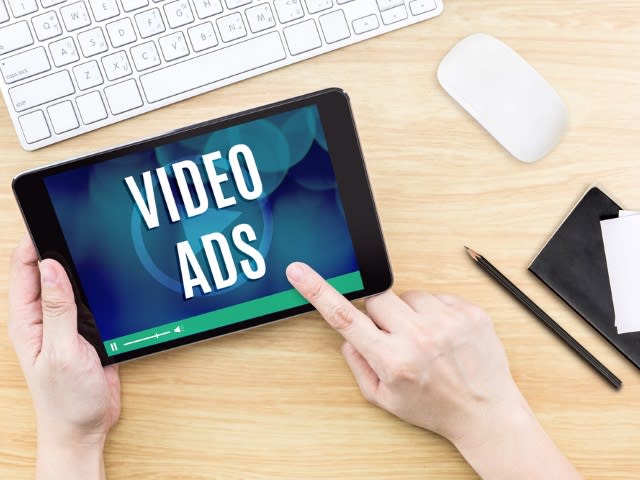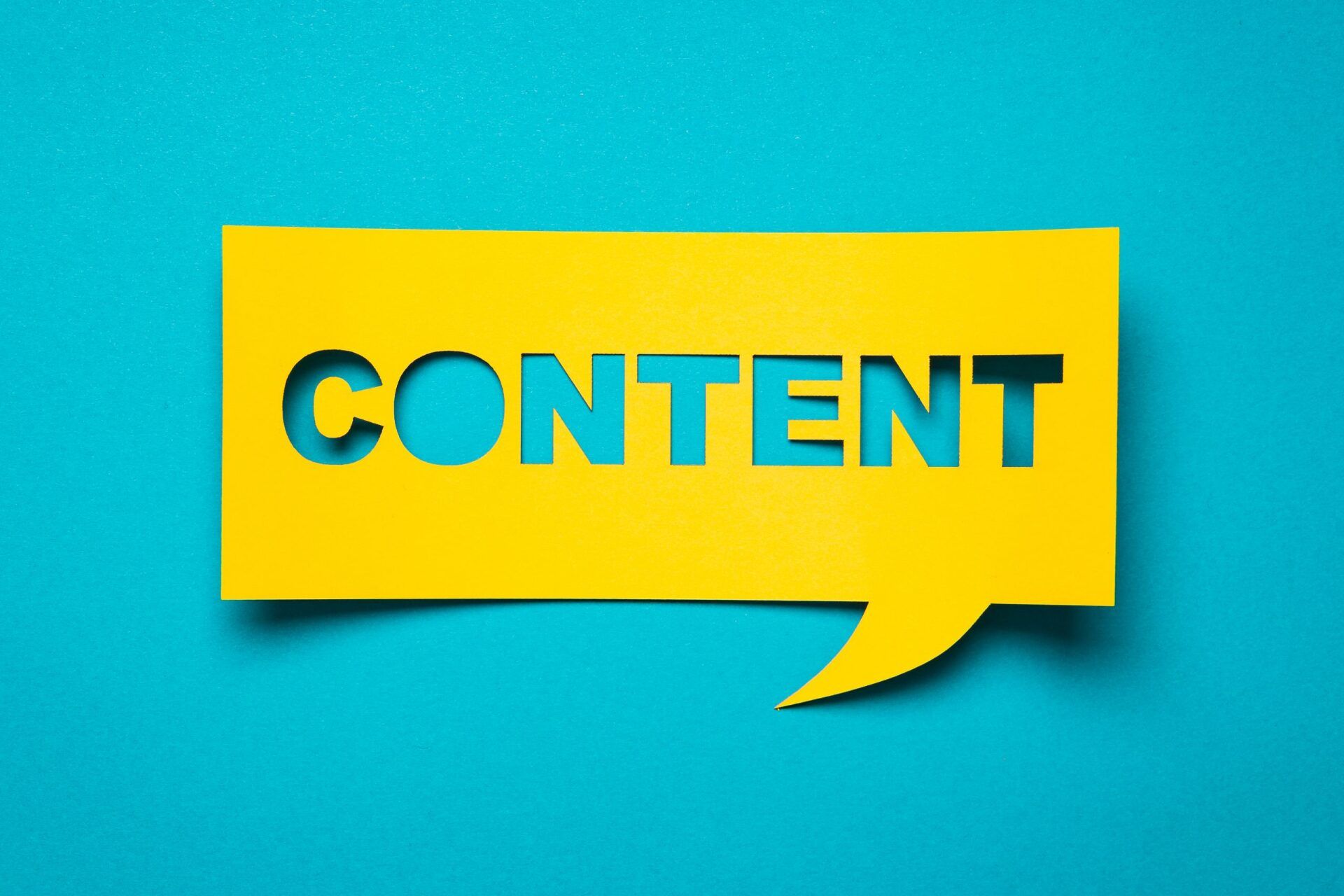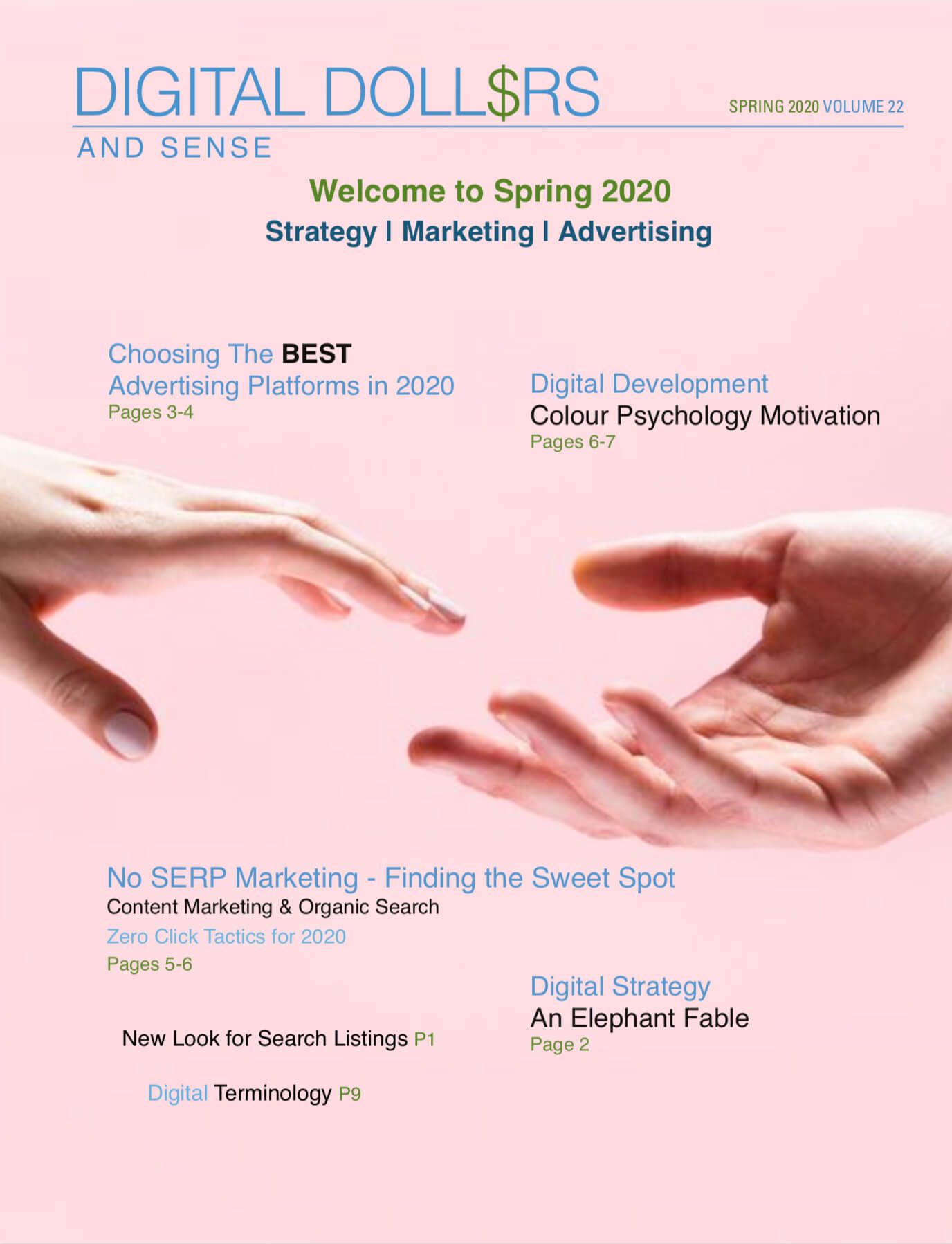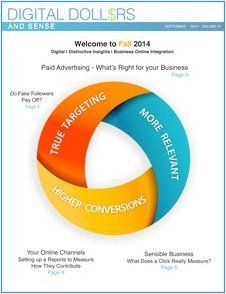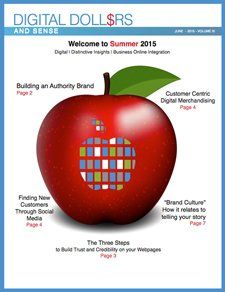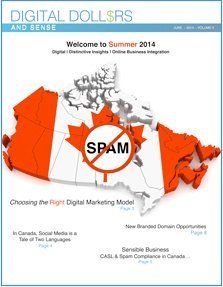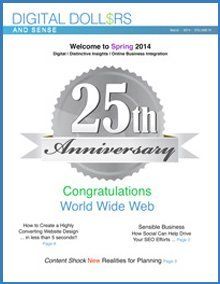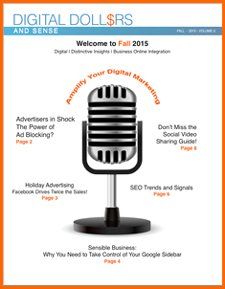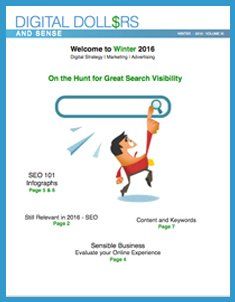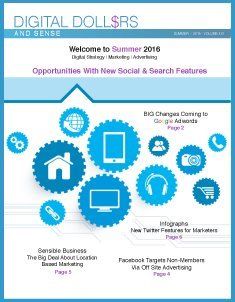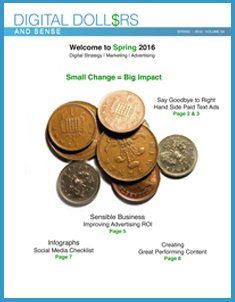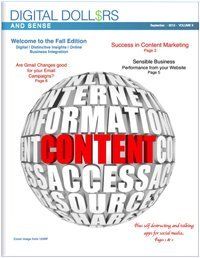Google Keyword Changes - 10 Things Advertisers Should Know
10 Things Advertisers Should Know
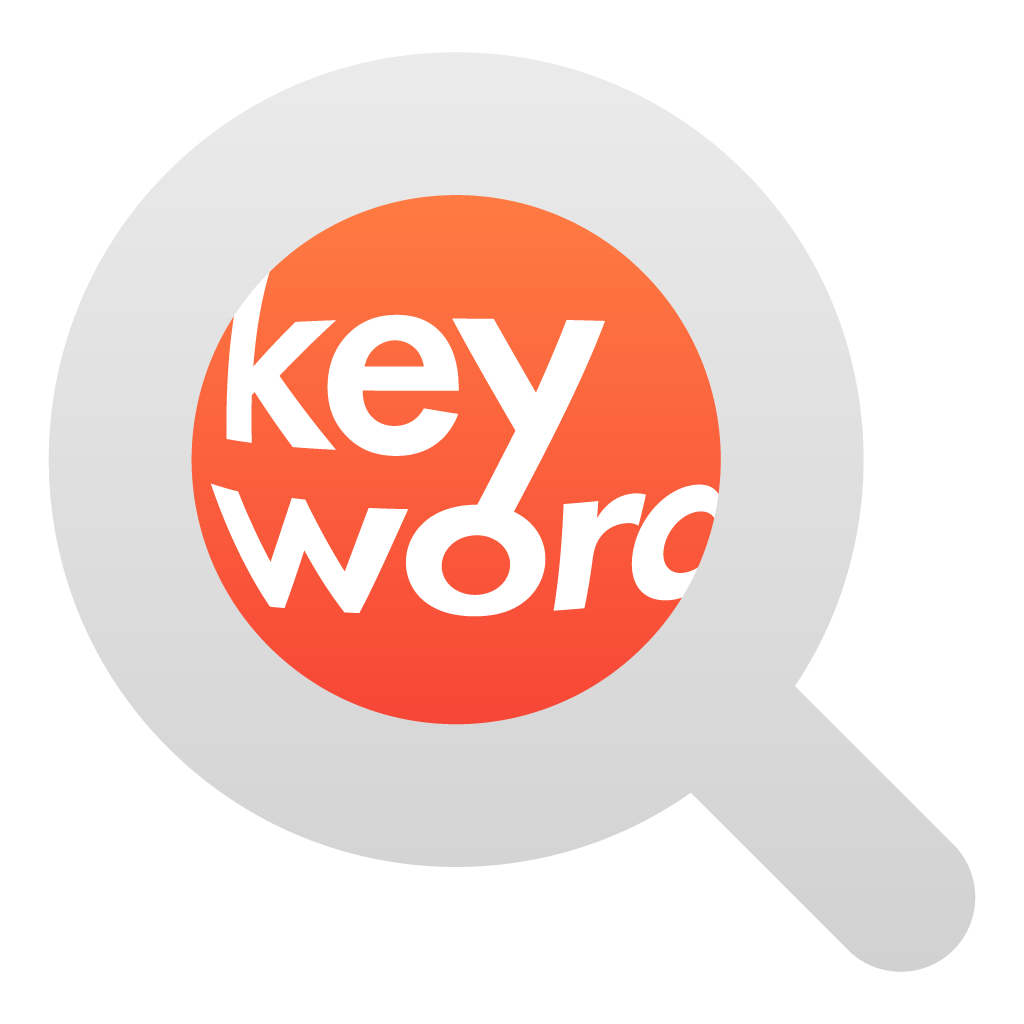
This article by Joe Wozny was published in the PR News Guidebook 'Google for Communicators’ .

This Spring, Google announced changes to keyword Exact Match types. The feature is currently live for all English and Spanish language campaigns and is expected to be implemented for all other languages by the end of 2017.
Depending on your business, consider the pros and cons to the Google Exact Match change for more effective keyword targeting and management. This article describes how Exact Match changes can affect your advertising campaigns, and work for or against you.
What are the Exact Match Changes
The major changes relate to the definition of what an Exact Match is. Exact Match previously mean’t that ads were only served to an advertiser provided specific keyword phrase, for example: “Orca Whale Sightseeing in Vancouver”. Without an exact match, ads were not served.
Exact Match now means, that ads will be served for an Exact Match with keyword variants including:
- different case types of the keyword
- where words are not spelled correctly
- where additional non-standard characters such as @, $, ? … are used
- using singular/plural versions of the keyword
- using a grammatical variant of the keyword such as (-ing, -ed)
- where the words of the keyword are out of order
- when function words, such as articles, prepositions, and conjunctions are included or not included For example: An Exact Match for “Orca Whale Sightseeing in Vancouver” where an ad would be served can now include: “Orca Whales Sightseeing in @Vancouver” or “SightseeOrca Whales in Vancouver” or “Orca Whales Sightseing in Van” …plus any number of other permutations.
Why Are They Important and Who Do They Impact
Preliminary research indicates there’s a possible cost impact to advertising budgets. Although Google says this is a fairly unnoticeable, change industry measurements during the first 3 weeks of this change, indicate an increase of approximately 8% in ad impressions, a 10% increase in clicks and an 11% increase in costs (WordStream, 2017).
One of the big pluses for small and medium businesses who create a large number of exact match phrases, is the time you’re saving! You no longer have to manually discover and enter every permutation for the exact match you are targeting to complete a transaction with a click from either ad page
10 Considerations For Your Campaigns
This is a short list of items to consider if you’re concerned about how this change will impact your advertising activities. Use this list as a framework when deciding if you need to update your advertising programs impacted by these Exact Match changes.
1. Review Intent. This change is an opportunity to review and and confirm, that the intent of your campaigns, keywords and landing pages are all aligned to your goals. The big question to ask is if the order of Exact Match keywords could change the meaning of a search and if this change then impacts the visitor intent you are targeting. The benefits from this alignment include efficient spending, better conversion rates and happy visitors.
2. Broad Match Keywords. Broad Match campaigns, by their nature, are a “catch all” that allow you to show ads to a wider audience including searches that have misspellings, synonyms, related searches, and other relevant variations. The Exact Match change has little impact on this advertising approach.
3. Broad Match Modified Keywords (+). Ads that may show on searches that contain your modified term, (or close variations, but not synonyms) are not expected to be impacted.
4. Phrase Match Keywords. Phrase Match keywords may make a resurgence for some advertisers who retired them in leu of other match options. If search term word order is important to you, consider using phrase matching. (to help negate the change to Exact Match keywords) Keep in mind that your ads may be served with additional words entered at the beginning and end of your phrases
5. Negative Keywords. Ensure that you give your negative keywords the diligence required to offset the Exact Match changes. The largest impact will be reviewing the need to expand your keywords in order to maintain the specificity benefits Negative Keywords provide to your campaigns.
6. Duplicate Keywords. We all try to avoid an overlap of keywords as part of delivering the right advertising message, reducing the risk of having campaigns compete against each other, and as part of cost management. Consider taking a “deep dive” into the keywords in your campaigns to ensure that Exact Match changes do not introduce duplication.
7. No Worries on Numbers. This change does not impact the order of any numbers, hyphenation in numbers and bar codes.
8. Abbreviation Relief. Abbreviations such as LA for Los Angeles or NY for New York should not be affected with Exact Match Changes. This includes abbreviations that are subsets of broader abbreviations such as NYC for New York City.
9. Every Language. At the time of publishing this article, Exact Match changes are currently implemented for English and Spanish speaking accounts. This change is expected to be live for all languages by end of the calendar 2017 year.
10. Only Google? We know most keyword based advertising services are fast followers to Google and will now include features in their advertising services such as grammatical variants and misspellings. So it’s possible we’ll see these type of Exact Match changes introduced in other networks. Ask your advertising network .
Bottom Line: I’ve spoken to many advertisers about these changes and the “happiness factor” based on the Exact Match changes is mixed and really depends on individual strategy behind Search Advertising. Everyone agrees that they must pay attention in order to avoid increased costs or a decline in the visitor intent because of keyword mismatches.
Small and Medium Businesses (in Tourism and eCommerce in particular) who use few automated tools for campaign management are happy for the reduced workload. They expect to require less Exact Match phrase variants in their accounts, in order to have their ads included in all semantic keywords. They have confidence in Google to ensure they are efficiently covering their local market.
Niche advertisers know they have homework to do to ensure they revise their keywords to target the correct search intent and managing their advertising budget correctly.
Joe Wozny is a digital thought leader, strategist, author, blogger and CEO of Concentric. Read more about Joe on this site and j oewozny.com








